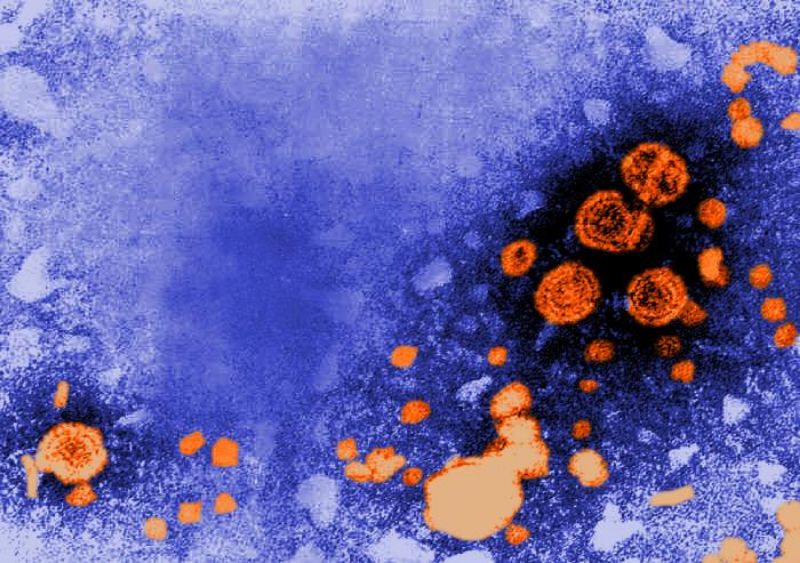
Spring Bank Pharmaceuticals has stopped the development of inarigivir soproxil to treat chronic hepatitis B virus (HBV) after a patient died in its Phase IIb CATALYST trial.
The company said that the decision has been made to ensure the safety of patients because unexpected serious adverse events occurred in the development programme.

Discover B2B Marketing That Performs
Combine business intelligence and editorial excellence to reach engaged professionals across 36 leading media platforms.
Inarigivir is an oral, selective immunomodulator that attaches to the cellular proteins retinoic acid-inducible gene 1 (RIG-I) to block viral replication. The drug also works by triggering intracellular interferon signalling pathways against the virus.
The CATALYST 2 study was designed to evaluate the drug as a monotherapy given with a nucleoside/tide to naïve and virally-suppressed chronic HBV patients.
Spring Bank Pharmaceuticals president and CEO Martin Driscoll said: “We are deeply saddened by the death of a patient in our CATALYST 2 trial. Because we are guided by an overriding interest in protecting patients, we have made the difficult decision to discontinue the further development of inarigivir for the treatment of HBV at Spring Bank.
“We will continue to work in close collaboration with external experts and our clinical study investigators to provide the care necessary for all study patients and will continue to conduct a series of investigative actions to better understand the unexpected serious adverse events observed in our Phase IIb programme.”

US Tariffs are shifting - will you react or anticipate?
Don’t let policy changes catch you off guard. Stay proactive with real-time data and expert analysis.
By GlobalDataThe company will stop all research and development activities related to HBV.
Spring Bank will also not invest resources in its chimeric oligonucleotide antisense (CASO) programme for HBV. The company is already in discussions with external parties to licence the programme.
This elimination of costs for HBV research is estimated to provide $54.5m to fund a new operating plan of the company into late 2022.
The company will focus on its STING agonist platform-based drug candidates.





